Youth suicide: NSW student mental health suffering from counsellor shortage
A poll of more than 5000 teachers has revealed the profession is seeing far more suicides and suicide attempts among their students but schools are crippled by a lack resources to cope with kids who need help.
NSW
Don't miss out on the headlines from NSW. Followed categories will be added to My News.
Teachers have sounded the alarm about their students’ deteriorating mental health and warned there are not enough resources to help.
In a poll of 5346 teachers, principals and school counsellors, 98 per cent said students were increasingly suffering from mental ill-health including more suicides, suicide attempts and self harms.
The poll, conducted by the NSW Teachers Federation, revealed 90 per cent of teachers, principals and school counsellors do not believe students have adequate access to trained mental health professionals. And 93 per cent of teachers said they wanted more training so they can better understand their students’ mental health.
The Sunday Telegraph is calling on the state government to increase the number of school counsellors to at least one for every 500 students and for mandatory mental health first aid training for new teachers.
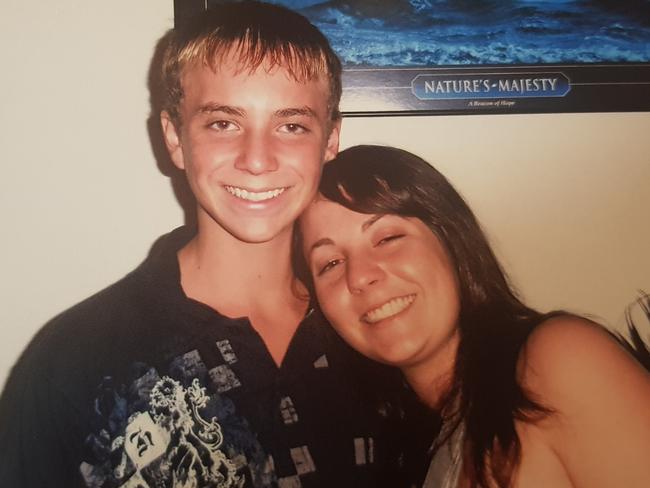
The survey found 98 per cent of teachers agreed more counsellors was an “urgent priority” and 93 per cent said additional professional development would be useful or very useful.
“Our school counsellors are dedicated, committed professionals doing all they can,” NSW Teachers Federation president Angelo Gavrielatos said.
“Their case load is totally unrealistic, unmanageable and unacceptable.”
The coroner first recommended the 1:500 ratio in 2010 after the suicide of 14-year-old bullying victim Alex Wildman, and as recently as March 2018 the state government gave in-principle support to the target but never made it policy.
“Our school counsellors are dedicated, committed professionals doing all they can,” NSW Teachers Federation president Angelo Gavrielatos said.
“Their case load is totally unrealistic, unmanageable and unacceptable.”
The government has put on 318 new school counsellors or psychologists since 2016 and is on track to install another 75 by 2023.
The new hires will mean every high school will have a full-time counsellor or psychologist and a full-time student support officer similar to a youth worker, reducing the ratio of school counsellors to students ratio from 1:743 down to 1:696.
The demand for school counsellors has never been greater, according to teachers, who cited recent bushfires, drought and COVID-19 as seriously worsening students’ mental health.
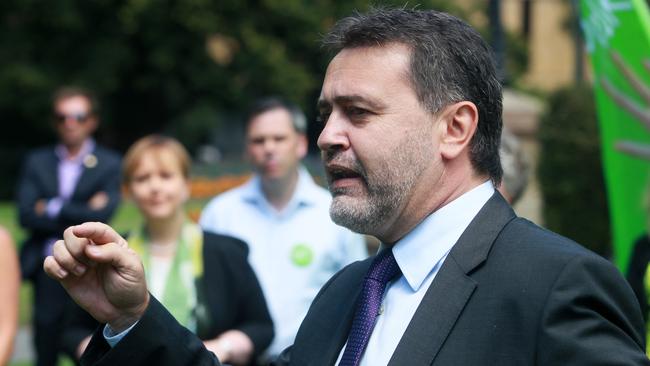
For the first time since The Sunday Telegraph began its latest Can We Talk campaign, Education Minister Sarah Mitchell has signalled she will provide more mental health training for teachers.
“As part of our ongoing response to bushfire recovery, COVID-19 and mental health and wellbeing support in general, we will continue to explore ways to ensure every teacher can access the professional development they need,” Ms Mitchell said.
“We should not expect our teachers to become mental health experts – but it is important that they are equipped with the skills they need to support their students.”
MORE FROM JACK MORPHET:
Top Sydney private school head’s shock resignation
Private girls’ school busted doing muck-up day ‘scav hunt’
The Sunday Telegraph is also calling for all current and future NSW teachers to be taught mental health first aid so they know how to listen to struggling students and when to refer them on to appropriate care to help avoid more suicides.
The mental health first aid courses cost as little as $200 per teacher but principals are forced to pay for the training out of the school budget and cannot afford to train the majority of their teachers.
School Counsellor Michael Seiffer
Armidale Secondary College, Martins Gully Public School, Niangala Public School
School counsellor Michael Seiffer only has time to see students who are in serious danger, meaning students with anxiety or depression miss out.
“Last term would have been the most stressful term of my whole career because of the level of distress among kids who were suicidal, self-harming, having problems with their out-of-home care or providing me with information about abuse I had to report to police,” Mr Seiffer said.
“The scariest thing is not every kid at very high risk comes forward for help.”
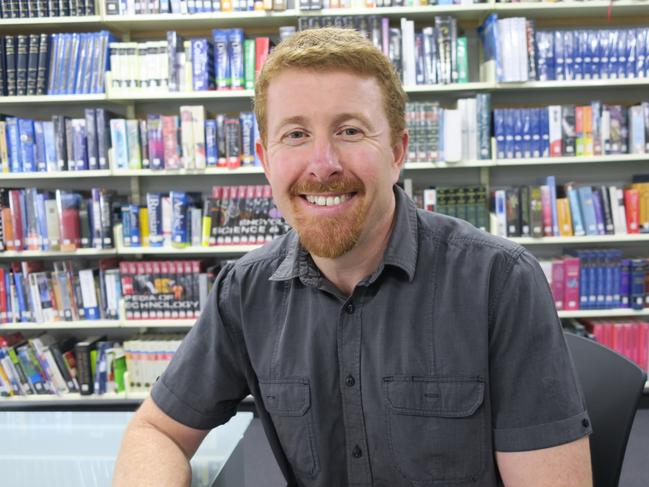
Mr Seiffer spends half his time filling out paperwork. He spends about 15 per cent of his time assessing learning and behavioural disorders such as dyslexia and autism and devising strategies for those students’ classroom teachers. The remaining 35 per cent of his time devoted to therapy is consumed by the most extreme cases of mental illness, which is entirely reactive.
“I don’t have time to work with teenagers who have emerging mental health difficulties, such as anxiety or depression,” he said.
“There is no time to develop a culture of positivity towards mental health in the school, where kids put their hands up if they need help or encourage their friends to come forward.
“It would be great to work with teenagers who lack motivation and don’t see the point of school or are stressed from HSC, but I don’t have time.”
School Principal Cheryl McBride
Smithfield Public School
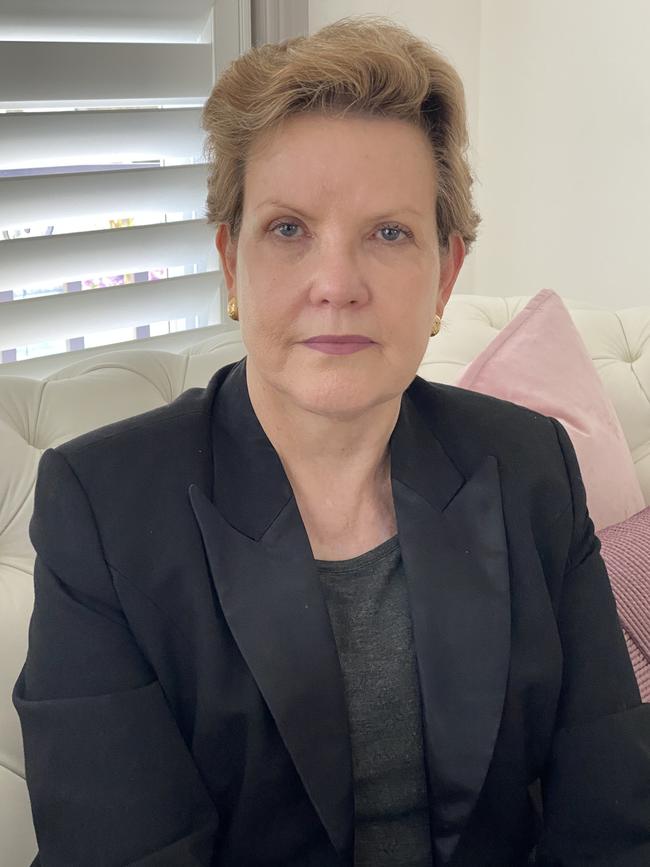
Parents are told not to bother asking for their child to see the school counsellor at Smithfield Public School.
“Our school counsellor has little to no time for counselling,” principal Cheryl McBride said.
“We get complaints from parents that they have been waiting to see the counsellor for four weeks, but unless it’s life or death it is unlikely the counsellor will have time.
“A parent worried their child is suffering anxiety or depression will often ask for time with the school counsellor, and I’ll tell them it would be quicker to see their GP.
“That’s damn sad because the kids are little and the best person for them to talk to is someone familiar in the familiar school environment.”
Smithfield has a “learning and support team”, which the government claims is made up of teachers supposed to provide support for students’ mental wellbeing but in reality is entirely focused on helping students with learning difficulties.
Smithfield Public has dipped into its school budget to employ someone who can counsel students one day a week because the government-funded counsellor is too busy assessing the education needs of the school’s 84 disabled students.
School Principal Trish Peters
Kincumber Public School
Kincumber Public School has a counsellor for two-and-a-half days a week but most of their time is spent with students in special education classes such as those with autism.
“Our counsellor doesn’t have time for face-to-face work with students who have anxiety or depression,” Kincumber Public School principal and NSW Primary Principals Association vice president Trish Peters said.
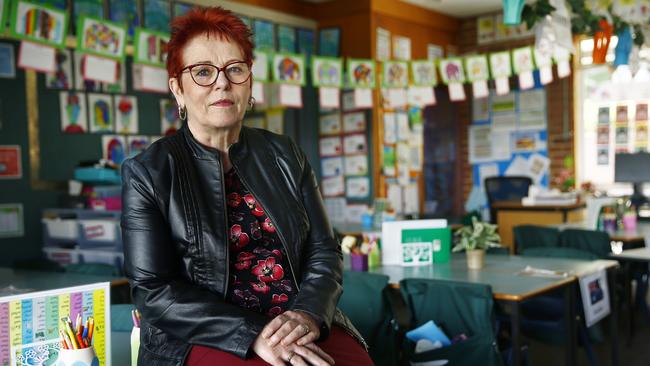
“If a secondary school in our area has an emergency like a suicide or if there’s been a death in the school community, our counsellor goes to assist.
“Of course we don’t begrudge that, but our school misses out during that time because there is no replacement.”
Teachers would benefit from additional training in how to respond to students who confess they are suffering from mental ill-health, according to Ms Peters.
“Anything that helps teachers to know what to say to students suffering from mental ill-health is important,” she said.
SCHOOLS HAVE ENOUGH MONEY TO TRAIN TEACHERS
Premier Gladys Berejiklian has told principals to use their school’s existing budget if they want teachers to be trained in dealing with students suffering from mental ill-health.
The Sunday Telegraph last month published an open letter from the leading authorities in education and mental health, who called on the Premier to put all teachers through a two-day mental health first aid course so they can better identify a child who is suffering and safely refer them to care.
Ms Berejiklian agreed more mental health first aid training for teachers was a good thing — but said schools should already be able afford it: “With funding at record levels and funding available, our schools do have the resources to hire additional support staff and provide professional development courses.”
Originally published as Youth suicide: NSW student mental health suffering from counsellor shortage

